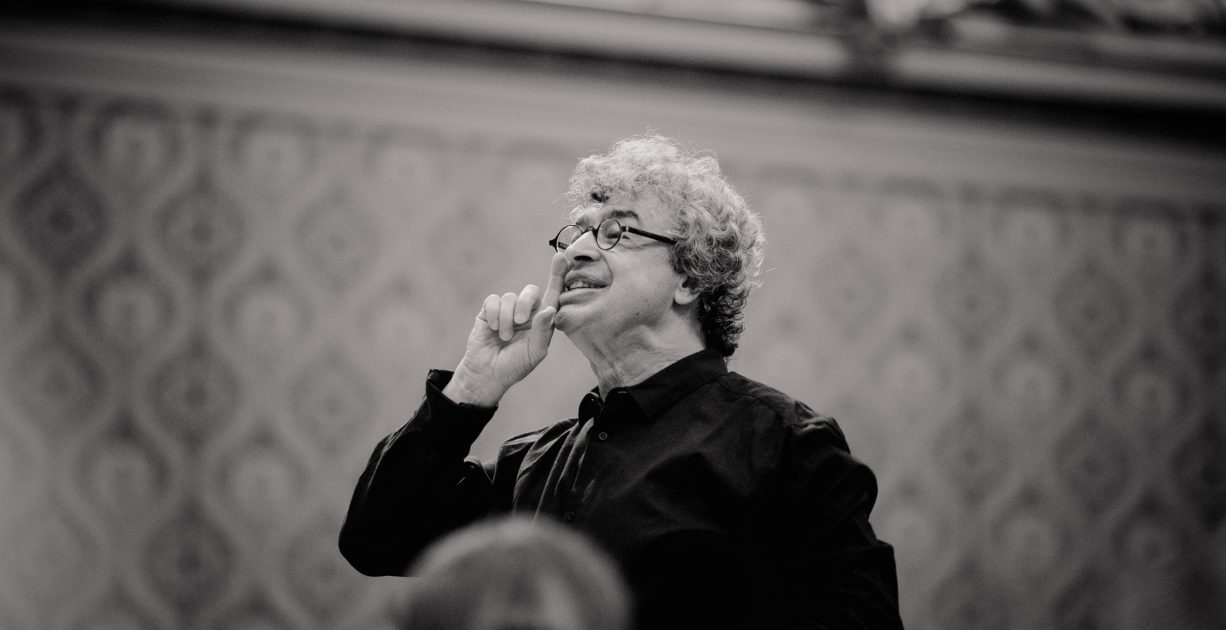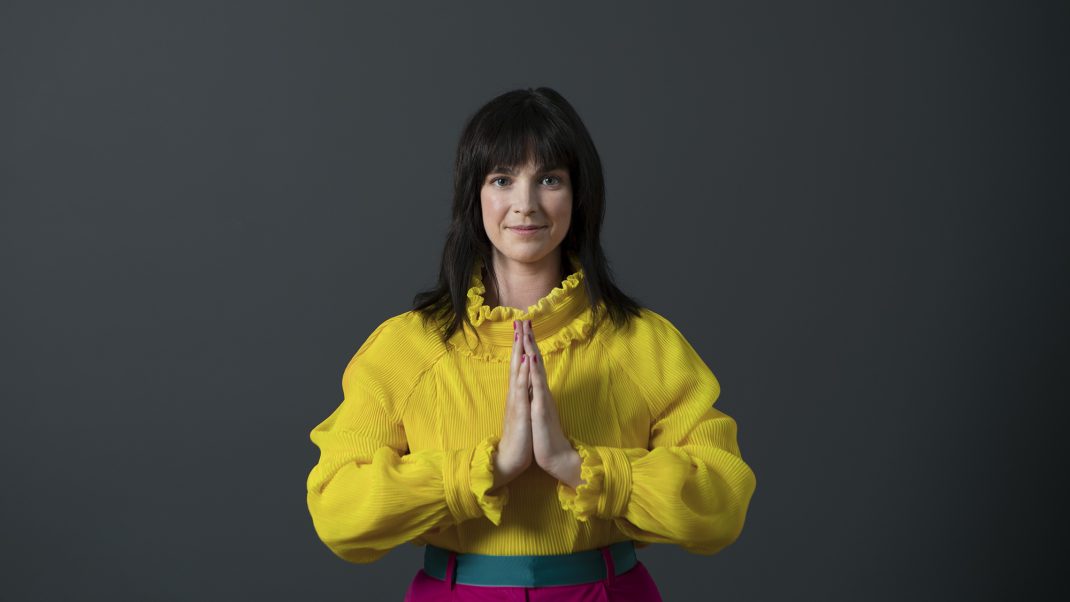Impressive Mahler from Bychkov and the Czech Philharmonic
“Overall, a warmly responsive performance that gets to the heart of the work and owes much to the players’ sense of kinship with the composer. Bychkov’s undoubted devotion is readily apparent too. Why else would he believe that ‘Discovering Mahler’s music is akin to discovering life itself’?”
The Czech Philharmonic and its Chief Conductor and Music Director Semyon Bychkov present a new recording of Mahler’s Fourth Symphony, laying the foundation of a complete Mahler symphonies cycle to appear on PENTATONE. It will be the label’s first ever full Mahler cycle.
“Bychkov unveils Mahler’s sinister evocation brilliantly in the second movement, its mood demonic rather than impish from the scordatura violin and chattering woodwind. Well-placed timpani add to the ghoulish atmosphere, as too, later, does the piccolo. The ländler style trios are beautifully poised – horns especially refined and violins ‘singing’ with a marvellous sense of uniformity. Strings purr in the idealised Eden of the slow movement; not as slow as some performances, but its heart-easing poise, nonetheless is affecting. Playing is variously idyllic, elegant and impassioned – the brief blaze of glory a case in point and the rapture that follows is exquisite.
No less freshly minted is the closing movement where the orchestra are wonderfully supportive collaborators to Israeli-born Chen Reiss. From the off, relaxed clarinet and flute contributions seem to mirror the Wunderhorn text where ‘there is no worldly tumult in Heaven!’ And the vernal-sounding Reiss (unsullied by any distracting vibrato) brings a combination of wide-eyed joy and unbridled vigour, sometimes even a little impetuous. But her voice sails over the players like a summer breeze and the fruits of paradise are affectionately outlined. She later brings a lovely simplicity to her sound, perfectly matching the warm embrace of E major with which Mahler closes the work. It’s a more rounded interpretation than her 2017 Proms performance with the Royal Concertgebouw Orchestra under Danielle Gatti, though here, as then, she convincingly transports us to the heavenly vision so central to the work. Mahler asked for a soprano ‘capable of singing with a naive, childlike expression, and with particularly good diction!’. Reiss does all that with style and brings this handsome account to a sublime conclusion.”
Review by David Truslove
Read more on Opera Today
Photo by Marco Borggreve





